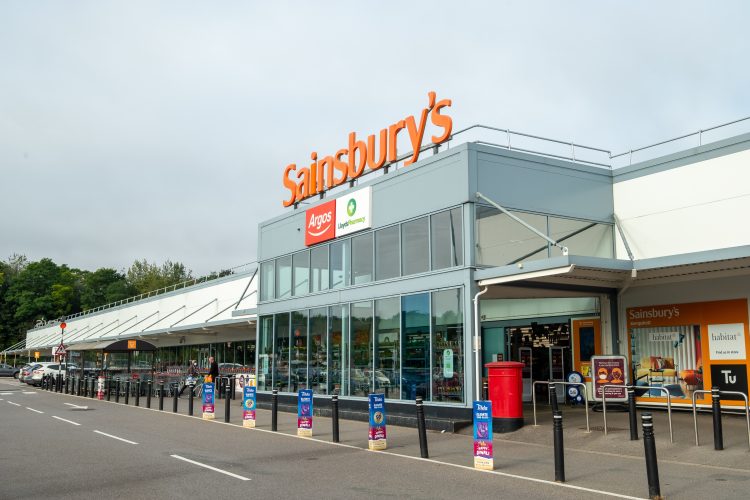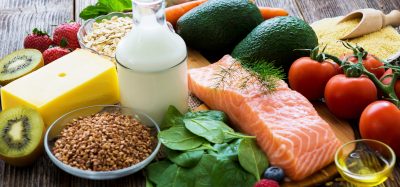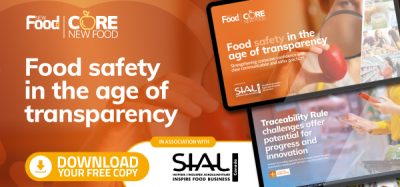Sainsbury’s takes action to reduce plastic with new bakery packaging
- Like
- Digg
- Del
- Tumblr
- VKontakte
- Buffer
- Love This
- Odnoklassniki
- Meneame
- Blogger
- Amazon
- Yahoo Mail
- Gmail
- AOL
- Newsvine
- HackerNews
- Evernote
- MySpace
- Mail.ru
- Viadeo
- Line
- Comments
- Yummly
- SMS
- Viber
- Telegram
- Subscribe
- Skype
- Facebook Messenger
- Kakao
- LiveJournal
- Yammer
- Edgar
- Fintel
- Mix
- Instapaper
- Copy Link
Posted: 19 September 2024 | Ben Cornwell | No comments yet
UK supermarket giant Sainsbury’s is stepping up its environmental efforts with new packaging for its bakery range, helping to cut over 560 tonnes of plastic each year.


Sainsbury’s, one of the UK’s largest supermarket chains, has introduced changes to the packaging of its in-store bakery products as part of its pledge to reduce plastic by 50 percent by 2025.
This move is the latest in a series of packaging reforms from the retailer throughout 2024, following significant reductions in plastic use on mushroom punnets and a 70 percent cut in the plastic used for fish and chicken packaging.
The most recent announcement focuses on the bakery section, where all doughnuts and pastries, previously packaged in plastic clam-shell containers, will now be sold in cardboard and paper alternatives. This switch will see a 90 percent reduction in plastic, eliminating 414 tonnes of plastic waste annually. Customers will now find doughnuts in cardboard boxes with a small plastic viewing window, while twin-pack pastries, croissants and cinnamon swirls will be wrapped in paper bags.
In addition, recyclable paper bags with plastic windows will be used for various in-store bakery breads, including loaves, baguettes and batons. This change will reduce plastic packaging by up to 60 percent, saving around 152 tonnes of plastic each year by replacing full plastic bags.
Sainsbury’s has assured customers that the plastic windows can be easily separated from the card or paper and repurposed by bringing them to any of the recycling points at the front of their stores. The card and paper components can be recycled at home via kerbside collection.
In April, the supermarket giant launched its ‘Good to Know’ logo, designed to help customers identify products that are ‘more sustainable’, including those featuring reduced plastic packaging. The logo aims to raise awareness and make it easier for customers to understand the supermarket’s efforts in supporting sustainability, animal welfare and community initiatives.
Related topics
Labelling, Packaging & Labelling, retail, Supermarket, Sustainability, The consumer









